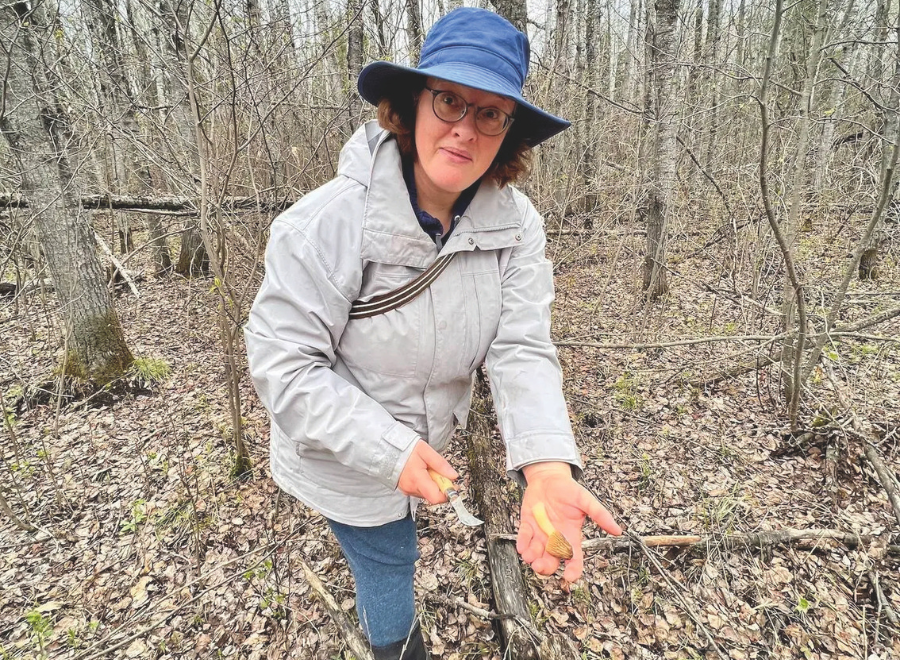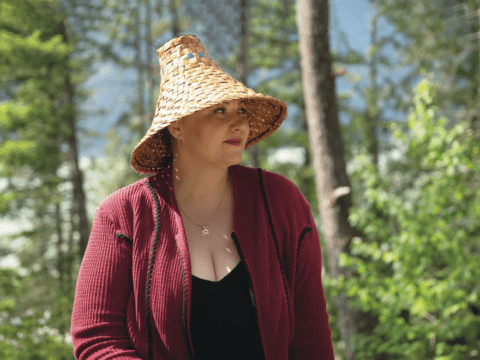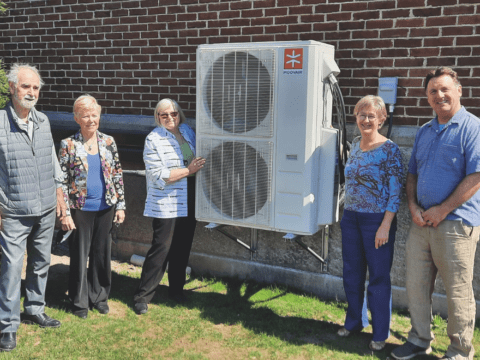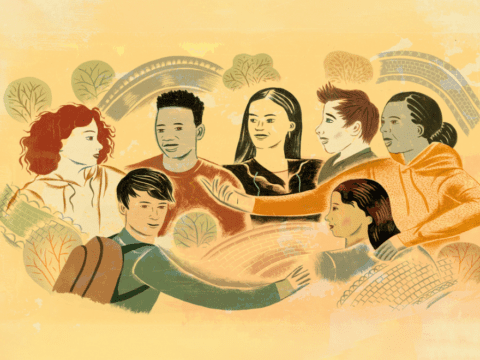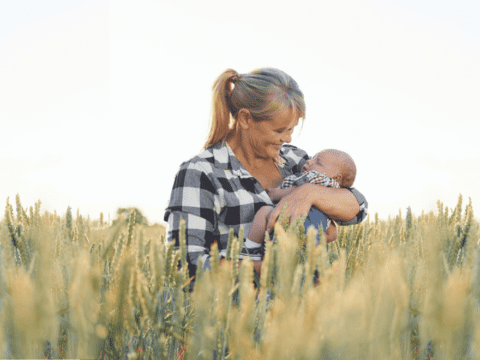It would be hard to read writer and editor Ariel Gordon’s latest essay collection, Fungal: Foraging in the Urban Forest, and not be excited about the beauty and magic of our planet. You may even gain a new appreciation for mushrooms. Gordon is fascinated by them, and it’s a theme she spreads poetically throughout the book, as a way to talk about ecosystems, interconnection and culture — encouraging us all to love nature and community as much as she does.
From her home in Winnipeg, Gordon spoke by phone with Toronto journalist Alex Mlynek about why she wanted to share her passion for fungi and so much more.
You may unsubscribe from any of our newsletters at any time.
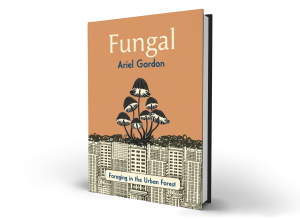
ALEX MLYNEK: Your author bio describes you as an “enthusiast.” What does that mean?
ARIEL GORDON: I am not an expert on anything — I am badly educated on multiple fronts — but my greatest trait is that I have enthusiasm for the world.
AM: What do mushrooms mean to you?
AG: I feel like mushrooms are a present that the world makes just for me. Every time I see a beautiful mushroom growing on the ground or on a log or a tree, I feel happy. There’s so much complexity in the structures, so many colours. They’re also so ephemeral: they grow, they appear and then they’re gone. I love going into the woods, like Winnipeg’s Assiniboine Forest, and the thing I do to keep my brain humming is to hopscotch from mushroom to mushroom. It’s become my way of experiencing nature in an urban environment, but everybody can have their own way of connecting to the natural world.
AM: Why is it important to connect?
AG: There’s a lot of meaning to be made in the relationships you make with the world, including the more-than-human parts of it. Western Christianity has given us this idea that nature belongs to us. And we hold the power of life and death over all of it because we want a tidier yard. We don’t; we’re just animals. But it’s hard not to buy into that thinking.
AM: How can urban people connect with nature?
More on Broadview:
AG: People think, “Oh, I can’t do this because I don’t live close to a provincial park or I don’t own a car.” But I can’t count the number of times that I’ve gone for a walk in my downtown-adjacent neighbourhood and seen something super cool, just because I’m looking and paying attention. I walk for 45 minutes and I feel better because I feel connected to the world. I call it the broken loveliness. And there’s all this broken loveliness available to me, even with climate change, even with living in a city.
AM: Tell me more about this broken loveliness.
AG: With climate change, people will say, “There’s no point because everything’s ruined now.” Well, no, there’s still a lot to fight for. There’s still a lot of beauty and solace to be found out in the world and in other people. I really believe in people and the things we can make and do. I also think that people ruin everything, but I can hold those two beliefs at the same time.
AM: Your book reads like a love letter to community, but you spent some 20 years learning about mushrooms on your own. How have you benefited from joining Winnipeg’s mushroom community?
AG: I came to mushrooms in a very personal way and taught myself about them slowly. I didn’t have any friends who were interested in mushrooms. At a certain point, I felt like I wasn’t learning anything new. That’s why I was so happy with the Winnipeg Mycological Society Facebook group, which was founded in 2019. I finally was among people who were more knowledgeable than me, but also ones who were less knowledgeable than me. That gave me lots of room to figure more things out.
AM: Your essay “Pidpanky Picker” explores how mushrooms can offer a window into other cultures. What were you searching for?
AG: I wanted to frame my first time looking for honey mushrooms against people who have a 100-year tradition of looking for honey mushrooms in this area. Three of my grandparents immigrated to Canada (from Ireland, Holland and Hungary), but I’ve lost all of the cultural practices that would have come with those traditions. Sometimes when I look at someone who is a new immigrant or who has come from one ethnic tradition, I’m jealous, because they have what looks like all these riches that I don’t have. It was so interesting to learn about honey mushrooms, or “pidpanky” in Ukrainian. When people came to this country from Ukraine in the early 1900s, they brought with them this tradition of foraging for honey mushrooms and then were able to find the mushrooms here. Can you imagine what a comfort that would have been?
AM: What do you hope people take away from your book?
AG: I want people to be amused by my shenanigans. Beyond that, I hope the book helps people see their own environments and manifestations of urban nature — because most of us live in cities — with kindness and curiosity. I hope they figure out a way to build connections with each other and with the natural world. Because we could be a lot happier.
This interview has been edited for length and clarity.
***
Alex Mlynek is a writer and editor in Toronto.

